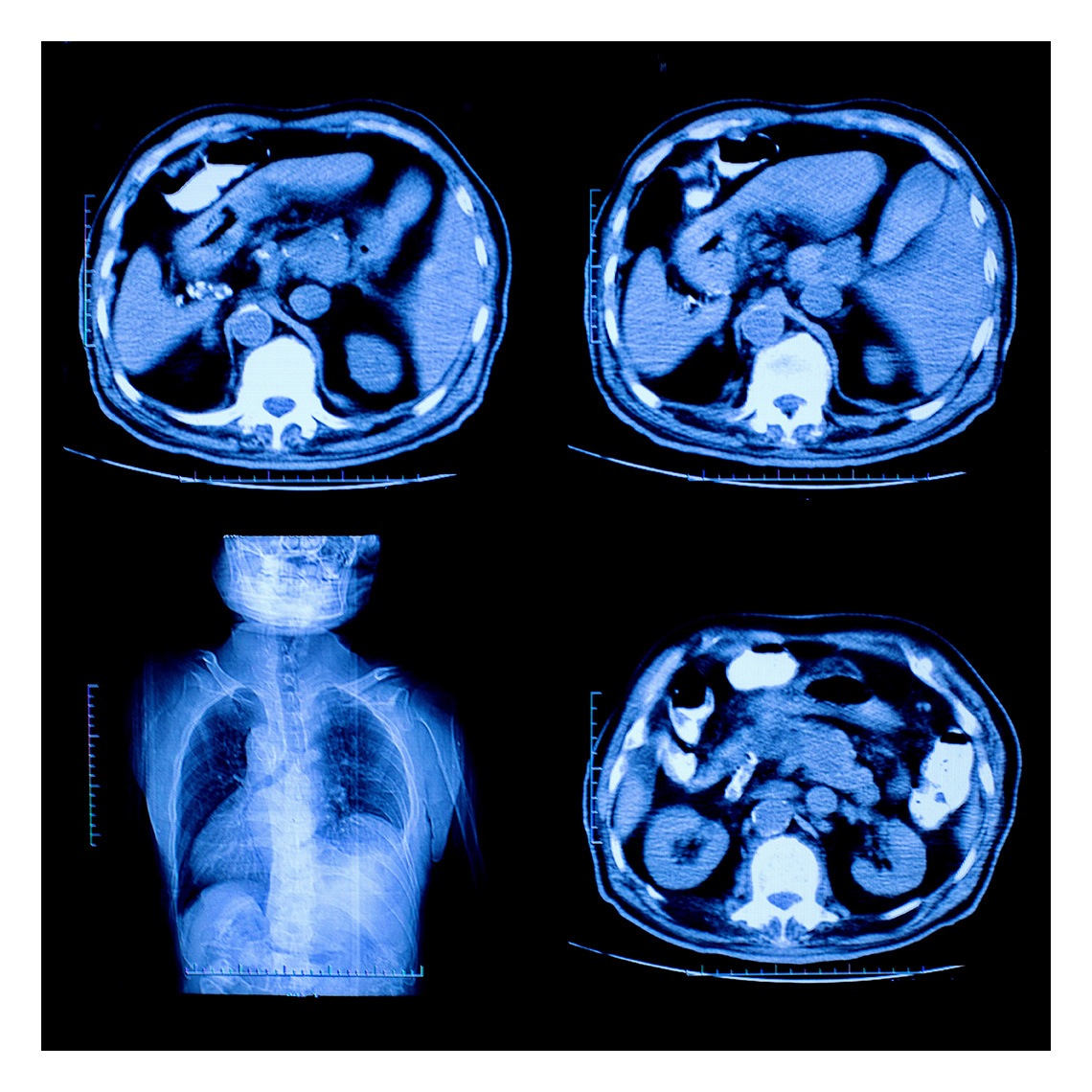Newsletter
Please Pass the Family History
Nov 26, 2013

Thanksgiving is National Family History Day. While we’re passing the gravy to our aunts and uncles, we have an opportunity to capture information that may be vital to our long term health.
For physicians, of course, eliciting a thorough, accurate, and updated family history is an essential part of a patient’s medical narrative and a critical tool for care related to diabetes, heart disease, many cancers, and numerous other health risks. Unfortunately, a significant number of medical malpractice cases reflect an incomplete history as a key factor that prompted an allegation of substandard care.
From 2008–2012, five percent of the 1,144 claims asserted against CRICO-insured providers involved an inadequate history as a contributing factor. Across the organizations that participate in CRICO Strategies’ national Comparative Benchmarking System (CBS), an inadequate history was noted in four percent of the 20,000 cases analyzed. The problem is even more pronounced for claims and suits alleging a diagnostic error. More than 40 percent of diagnosis-related cases—for both CRICO and the CBS participants—involve an inadequately collected or recorded history. And a CRICO review of medical records of symptomatic patients found that family history was captured appropriately for fewer than two-thirds of patients seeking care for a breast lump, mass, or thickening; and for only half of patients seeking care for rectal bleeding.
Of course, health care providers cannot obtain and update an informative family history unless the patient understands its clinical value and follows a suitable process. Guidance on what diseases to inquire about, which family members to include, what dates are relevant, etc., helps patients capture beneficial data and filter out extraneous information. Reminding them to share their histories with siblings and offspring serves an even broader population. The Centers for Disease Control and Prevention and other organizations provide a variety of forms and instructions for how best to request and record a history that we can share with our physicians.
One of the most common issues seen in malpractice cases is a provider’s failure to update a patient’s history (e.g., to learn that a patient’s 38-year-old sister had recently been diagnosed with ovarian cancer). Because such information is often crucial to risk assessment and stratification—foretelling the what, when, and how often for many health screenings—clinicians cannot rely solely on what was entered when that individual first became his or her patient. Clinicians who update a patient’s family history whenever practical, and reference it whenever it might impact a clinical decision, are less likely to encounter allegations of diagnostic errors that may otherwise have been avoided.
And please pass the cranberries.
Additional Materials
Latest News from CRICO
Utilization of Electronic Health Record Sex and Gender Demographic Fields: A Metadata and Mixed Methods Analysis

Establishing a Regional Registry for Neonatal Encephalopathy: Impact on Identification of Gaps in Practice

The Safety of Outpatient Health Care

